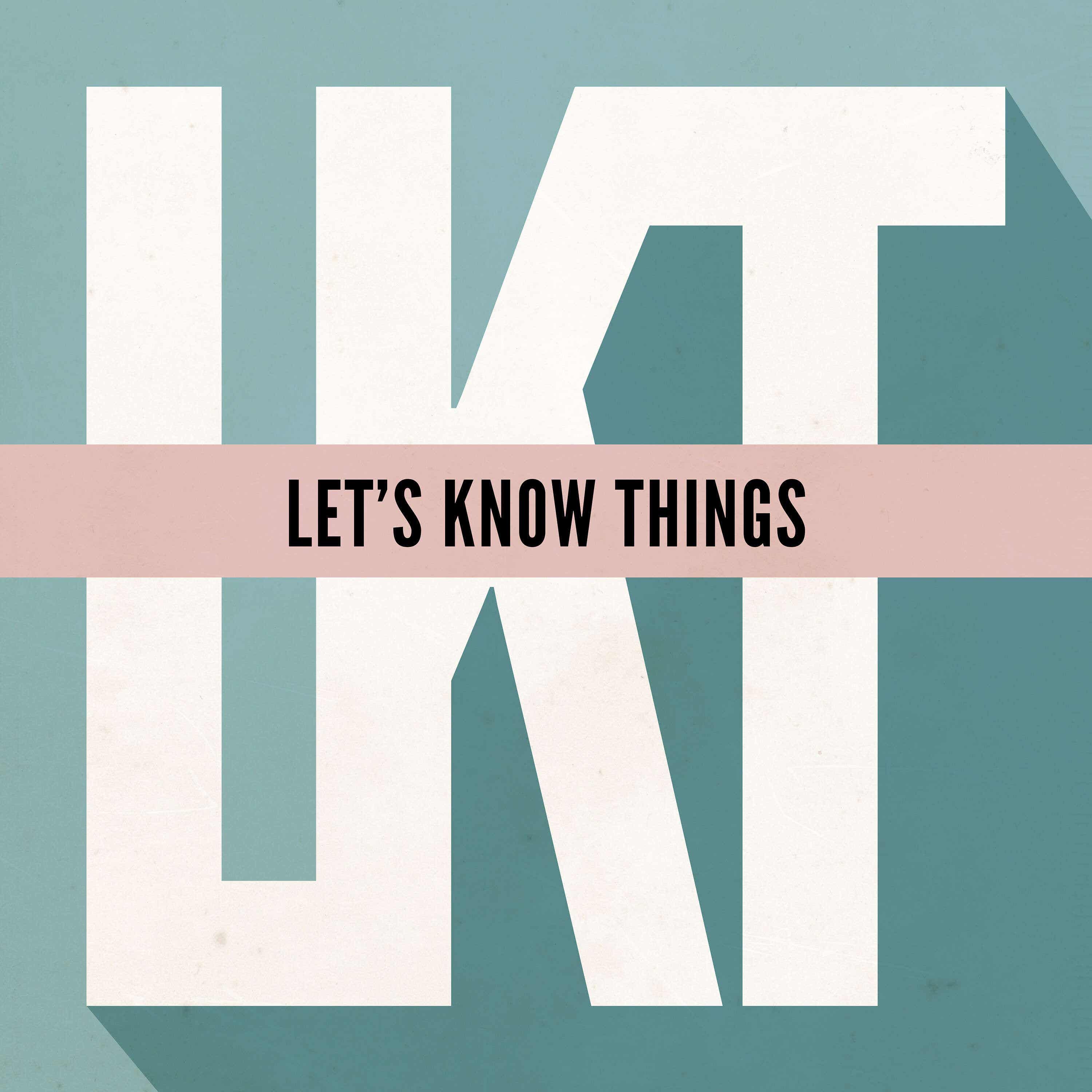Section 702
Description
This week we talk about STELLARWIND, 9/11, and the NSA.
We also discuss warrantless surveillance, intelligence agencies, and FISA.
Recommended Book: Period: The Real Story of Menstruation by Kate Clancy
Transcript
Immediately after the terrorist attacks in the US on September 11, 2001, then President George W. Bush gave his approval for the National Security Agency, the NSA, to run a portfolio of significant and ever-evolving cross-agency efforts aimed at preventing future attacks of that kind, scale, and scope.
The thinking behind this collection of authorizations to various US intelligence agencies, which would operate in tandem with the NSA, was that we somehow didn't see this well-orchestrated, complex plan coming, and though revelations in later years suggested we kind of did, we just didn't act on the intelligence we had, in those early, post-attack days, everyone at the top was scrambling to reassure the country that things would be okay, while also worrying that more attacks from someone, somewhere, might be impending.
So the President signed a bunch of go-aheads that typically wouldn't have been signed, and the government gave a lot of power to the NSA to amalgamate the resulting intelligence data in ways that also wouldn't have previously been okay'd, but that, in those unusual circumstances, were considered to be not just acceptable, but desirable and necessary.
This jumble of intelligence service activities, approved by the president and delegated to the NSA, became known as the President's Surveillance Program, and they were kept secret, in part because of how unprecedented they were, and in part because those in charge didn't want to risk their opposition—those they knew about, like Al Qaeda, but also those that might be waiting in the wings to attack the US while it was perceptually weakened and vulnerable—they didn't want to risk those entities knowing what they were doing, what they knew about, how they were collecting data, and so on.
The info that was gleaned via these programs was compiled and stored in an SCI, which stands for Sensitive Compartment Information, and which refers to a type of document control system, a bit like Top Secret or Classified, in that it allows those running it to set what level of access people must have to view, process, use, or even discuss its contents, and this particular SCI was codenamed STELLARWIND.
Among other activities, the programs feeding data into the Stellarwind SCI mined huge databases of email and phone communications, alongside web-browsing and financial activities; all sorts of tracking information that's collected by various components of intelligence, law enforcement, and other government and government-adjacent services were tapped and harvested.
All of this data was then funneled into this one program, and though the degree to which this much information is useful up for debate, because having a slew of data doesn't mean that data is organized in useful ways, in 2004 the US Justice Department discovered that the NSA was not just collecting this sort of data when it was connected to foreign entities or entities that have been connected to terrorism, it was also collecting it from sources and people, including just average everyday Americans and small businesses that were doing no terrorism at all, and which had no links to terrorism, and it was doing so on American soil.
After this discovery, then-President Bush said, well, the NSA is allowed to do that, that's fine, but they can only look at collected metadata related to terrorism—so they can collect whatever they want, sweep up gobs of information, file-away whatever drifts into their expansive and undifferentiating nets, but they're not allowed to look at and use anything not related to terrorism; and with that clarification to keep the Justice Department from doing anything that might hinder the program, the president reauthorized it that same year, 2004.
There was disagreement within the governme
More Episodes
This week we talk about neural networks, AGI, and scaling laws.
We also discuss training data, user acquisition, and energy consumption.
Recommended Book: Through the Grapevine by Taylor N. Carlson
Transcript
Depending on whose numbers you use, and which industries and types of investment those...
Published 11/19/24
Published 11/19/24
This week we talk about the Double Reduction Policy, gaokao, and Chegg.
We also discuss GPTs, cheating, and disruption.
Recommended Book: Autocracy, Inc by Anne Applebaum
Transcript
In July of 2021, the Chinese government implemented a new education rule called the Double Reduction Policy.
This...
Published 11/12/24


